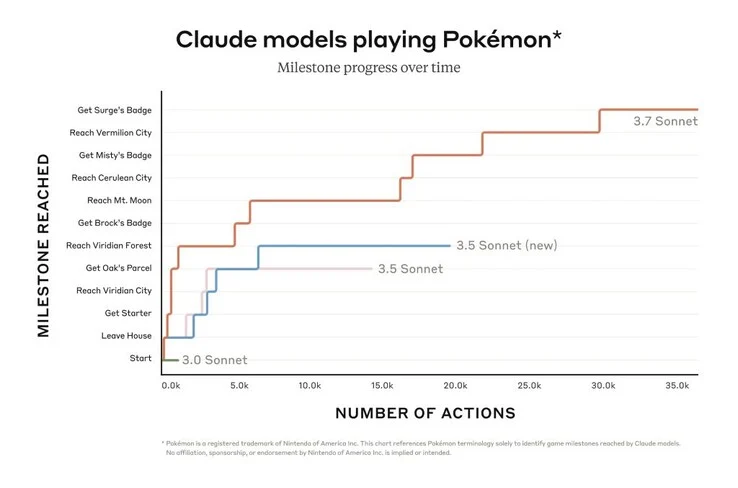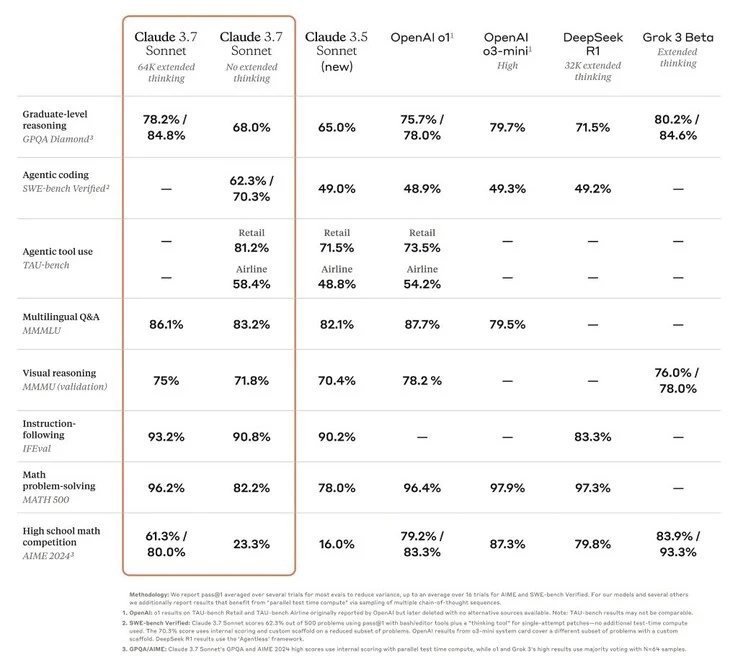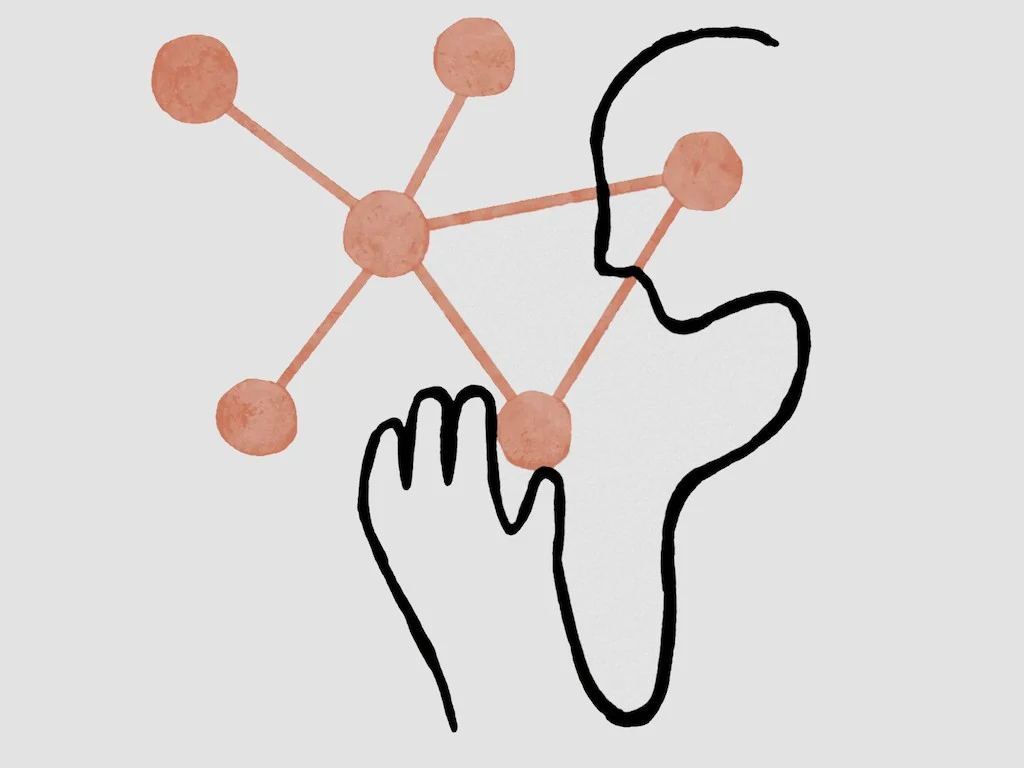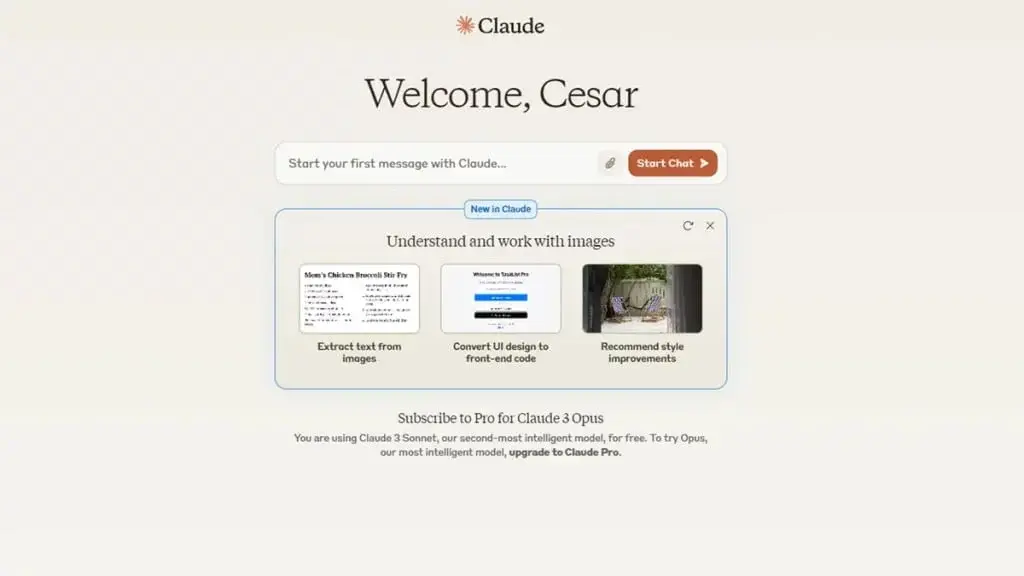Key Takeaways
1. Enhanced Problem-Solving: Claude 3.7 Sonnet has improved problem-solving abilities, performing better on complex tasks and assessments, including PhD-level benchmarks.
2. Improved Gaming and Coding Skills: The AI excels in gaming, notably in Pokémon Red, and offers enhanced troubleshooting for coding tasks, aiding developers in managing complex code bases.
3. Safety Concerns: Claude 3.7 Sonnet showed a higher frequency of guideline violations during safety tests compared to its predecessor, although such occurrences were minimal.
4. Public Availability: Basic features of Claude 3.7 Sonnet are accessible for free, while advanced features require a paid subscription.
5. Increased Token Window: The model utilizes a larger 128K token window, allowing for deeper thinking and more efficient handling of complex prompts.
Anthropic has introduced its newest AI chatbot, Claude 3.7 Sonnet, which boasts enhanced coding capabilities and deep thinking skills. This allows it to tackle complex prompts and programming tasks more efficiently, utilizing a larger 128K token window.
Enhanced Problem-Solving Abilities
Like recent large language models from OpenAI and xAI, the extension of thinking time enables Claude’s latest version to spend more time resolving tough problems before providing solutions. This improvement has significantly boosted Claude’s performance, moving it from being a slow performer to ranking among the top AI systems on difficult assessments, including the PhD-level GPQA benchmark. However, it’s important to note that the 3.7 version isn’t the top AI globally; it balances being a leading model on certain benchmarks against other strong contenders.
Advancements in Gaming and Coding
Claude demonstrates substantial progress in gaming, particularly in titles like Pokémon Red, surpassing the capabilities of previous models. Programmers can also take advantage of its enhanced troubleshooting skills for real-world software problems and coding tasks. A limited preview of Claude Code offers access to an assistant that works alongside developers to edit, test, and maintain complex code bases on GitHub, which can save them considerable time.
Safety Concerns and Accessibility
The advancements in AI intelligence might pose some risks. During internal safety tests, Claude 3.7 Sonnet generated responses that went against Anthropic’s guidelines three times more frequently than Claude 3.5, although this occurred only 0.6% of the time. Additionally, the AI demonstrated the ability to compromise a test network and extract data using methods like code rewriting. However, the public version of Claude includes safeguards to mitigate such risks.
Users can access the basic features of Claude 3.7 Sonnet for free, while more advanced features, including extended thinking capabilities, require a paid subscription.
Anthropic Claude, Anthropic press release 1, Anthropic press release 2, Anthropic on YouTube, Anthropic Claude system card
Source:
Link





